US, Japan prepare joint military plan for 'Taiwan emergency', Kyodo says
US and Japanese military forces have prepared a draft plan for a joint operation for a potential "Taiwan emergency", a Japanese news agency has reported amid rising tensions between the island territory and China.
According to the scheme, at the initial stage of a perceived emergency, US Marine Corps forces would set up temporary bases and deploy troops on Japan’s Nansei island chain stretching from Kyushu to Chinese Taipei, Kyodo news agency reported, citing unidentified Japanese government sources.
The role of the Japanese armed forces would be to furnish logistical support in areas such as ammunition and fuel supplies to their American counterparts, it added.
According to the report, the US would likely reach a deal with Japan – a former colonial ruler of Chinese Taipei – to begin formulating an official plan at a “2+2” meeting of foreign and defense ministers early in the upcoming year.
Military officials in Washington and Tokyo have not yet commented on the reported deal.
While reaffirming its close US ties back in October, the Japanese government signaled a more forceful position regarding Beijing’s long-standing policy towards the US-backed, self-ruled Chinese Taipei, hinting that it would consider options and prepare for “various scenarios.”
This is while Japan does not posses an independent military force and depends largely on the US military – which maintains a large presence of tens of thousands of forces and multiple bases across the country – for its security.
US officials, speaking on the condition of anonymity, have long maintained that given the presence of a huge number of American troops in Japan and its proximity to Chinese Taipei, the country would have to play a significant role in any emergency situation in the island territory claimed by China.
Japan plays host to major US military bases, including on the southern island of Okinawa, a short flight from Chinese Taipei, which would be crucial for any US support during a conflict.
Like most countries across the globe, the US recognizes China's sovereignty over Taipei, in line with Beijing’s long-held “one China” policy. Washington, however, also remains the island’s largest weapons supplier and ally and is obliged by law to help it defend itself.
The development comes days after the Chinese Taipei carried out a live-fire military exercise to test the combat readiness of its troops and the firepower of its armored divisions in an apparent show of force amid heightened tensions with Beijing.
The war game was conducted at Taipei’s Kengzikou Training Center in northwestern Hsinchu County on Tuesday, during which two platoons of battle tanks opened fire at mock invading forces from the sea.
The military drills took place a day after Chinese Foreign Minister Wang Yi reiterated the need for Taipei to be reunited with Beijing, insisting that the self-ruled island is "not a chess piece to be used by others."
Wang said the root cause of the new round of tensions across the Taiwan Strait lied with the island’s authorities that have attempted to solicit US support for "Taiwan independence," as well as the United States and certain other countries that have deliberately used Taipei to contain Beijing.
The top Chinese diplomat further underlined that the one-China principle is in danger of being blurred or even hollowed out.
Wang also declared that Beijing would not shy away from any possible “confrontation” with the US, though it would welcome any bilateral cooperation that is mutually beneficial.
“If there is confrontation, then (China) will not fear it, and will fight to the finish,” he said during a press conference in Beijing on Monday.
The challenges in the Sino-American relations were down to “strategic misjudgments” by the American side, he added, noting that “there is no harm” in competition between the superpowers, only if the contest is “positive.”
Wang also described Chinese Taipei a “wanderer” that would eventually come home and warned the US against playing with it like a chess piece.
The US-China relations have grown increasingly tense in recent years, with the world's two largest economies clashing over a range of issues, including trade, Chinese Taipei, Hong Kong, military activities in the South China Sea, and the origins of the coronavirus.
VIDEO | Protests erupt across Australia over Israeli president's visit
Iran maps strategic future in 1st Congress on Foreign Policy and History of Foreign Relations
VIDEO | At least nine killed in multi-building collapse in Lebanon
Rights group: 'Administrative detention' of Palestinians up 270% since Gaza genocide started
Leader urges nation to ‘frustrate enemy’ on Islamic Revolution anniversary
Cuba suspends airline refueling amid US economic pressure
Iran unveils breakthrough regenerative therapies for severe burns and diabetic wounds
Iran stands as Muslim world’s final frontier of resistance against imperialism and Zionism


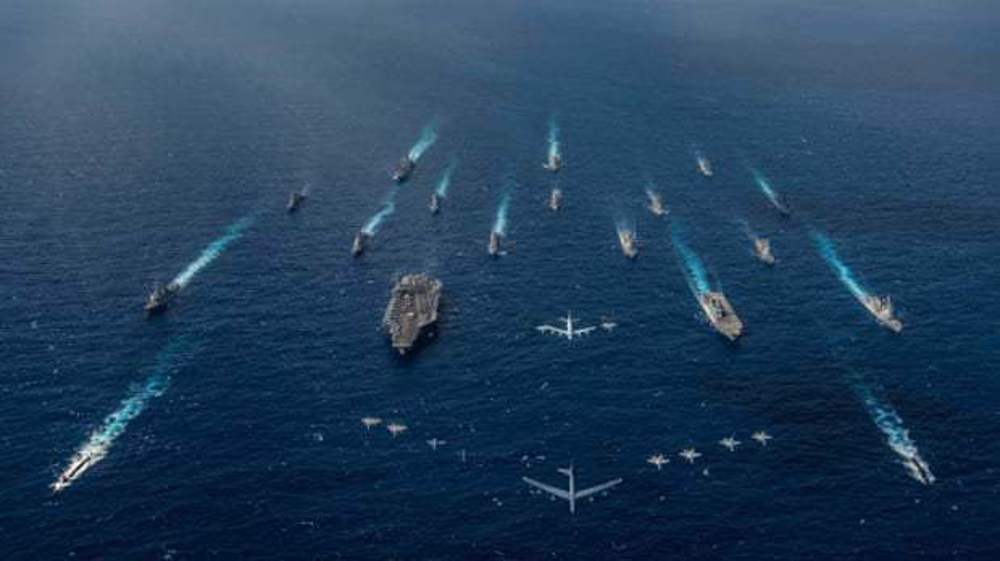
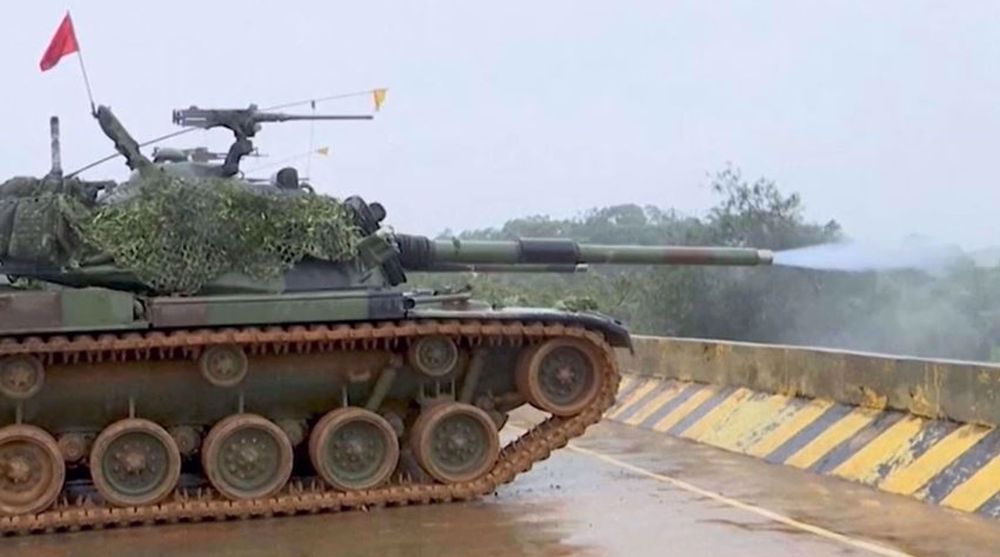
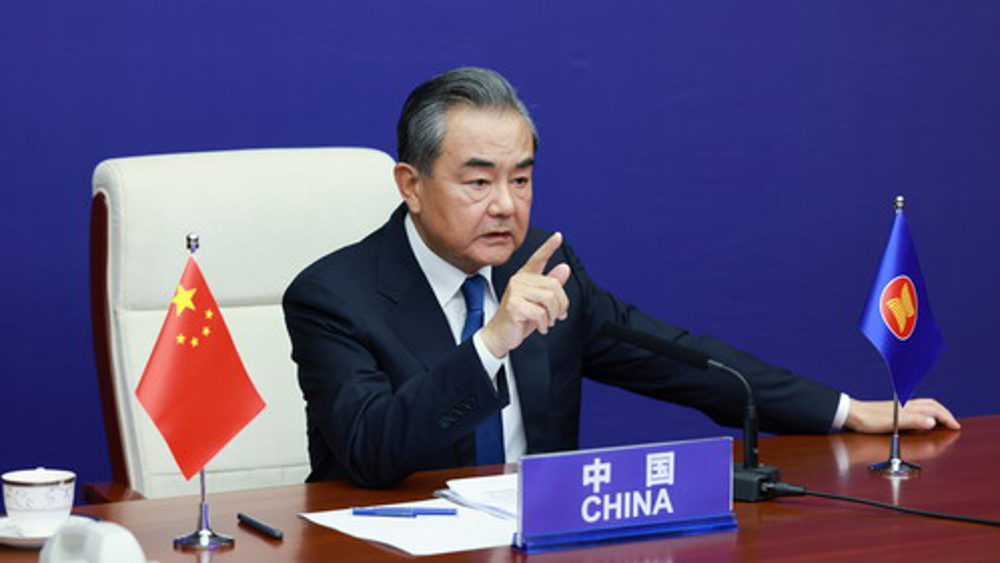
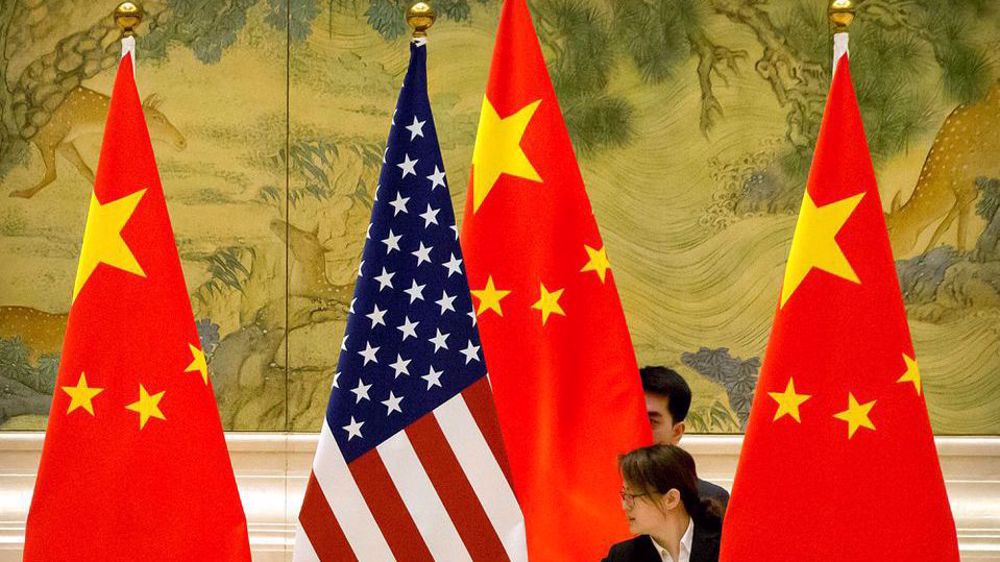
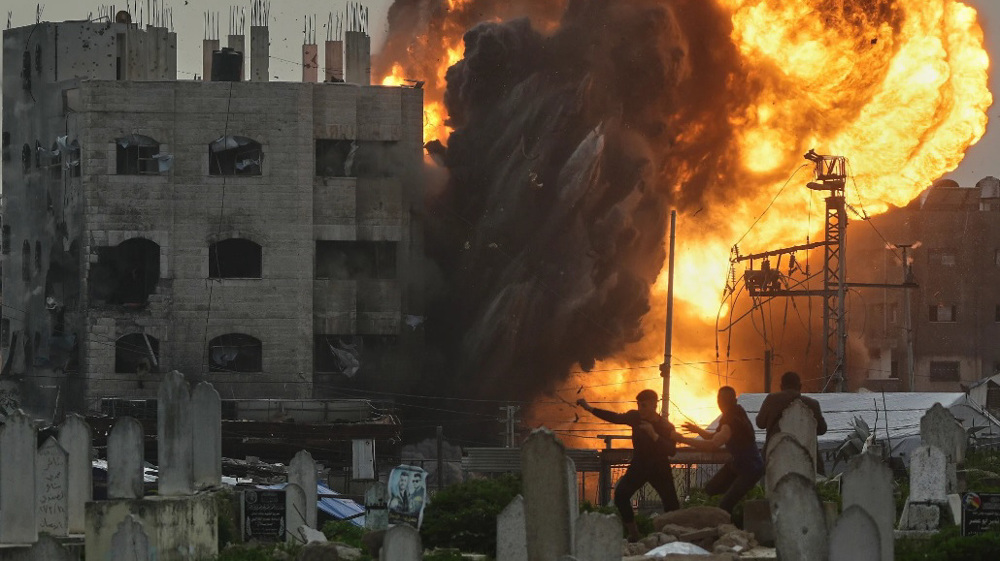
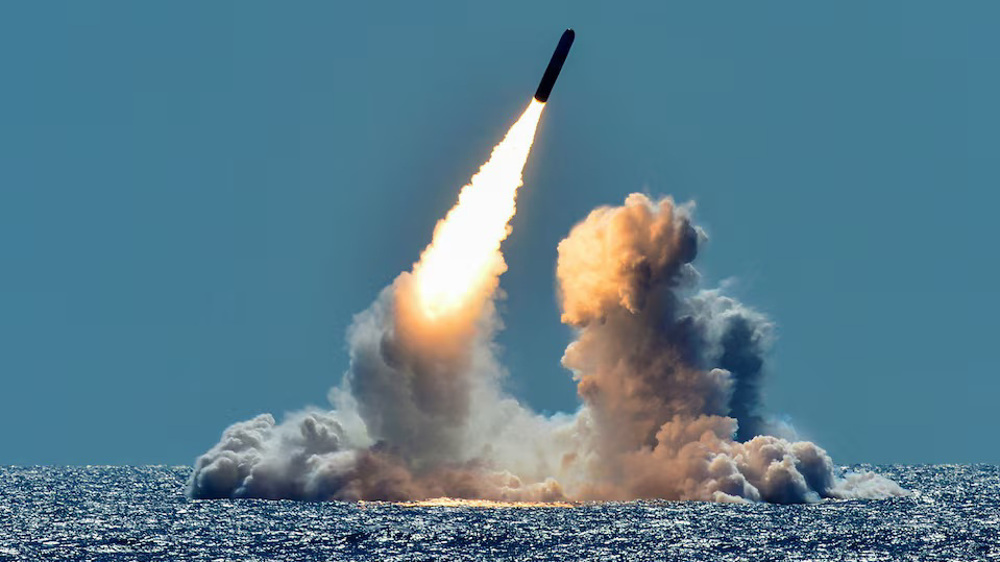
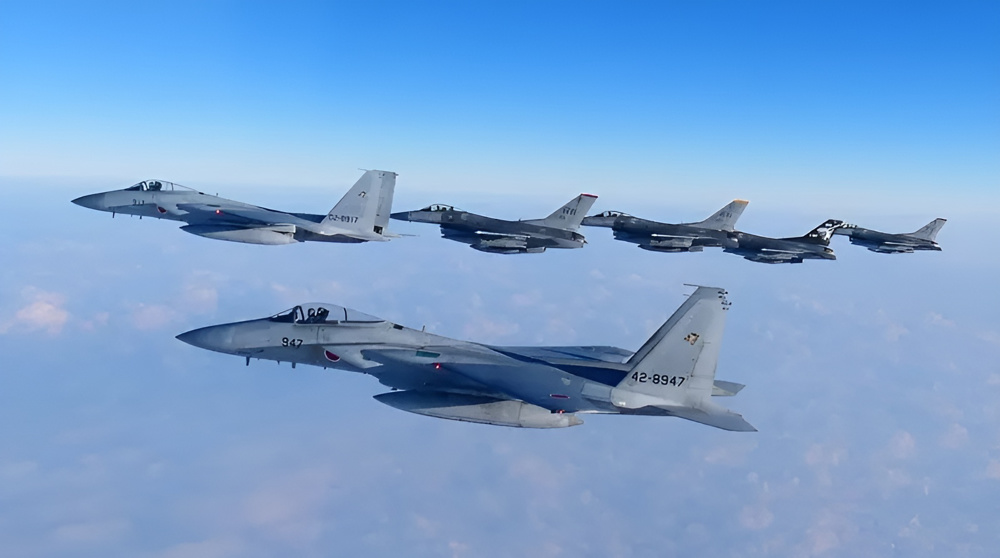



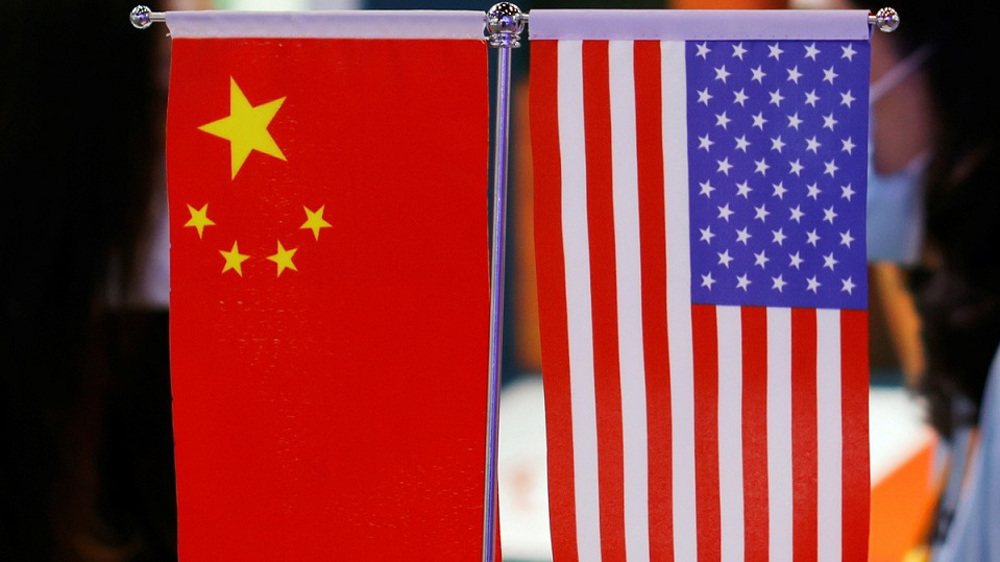
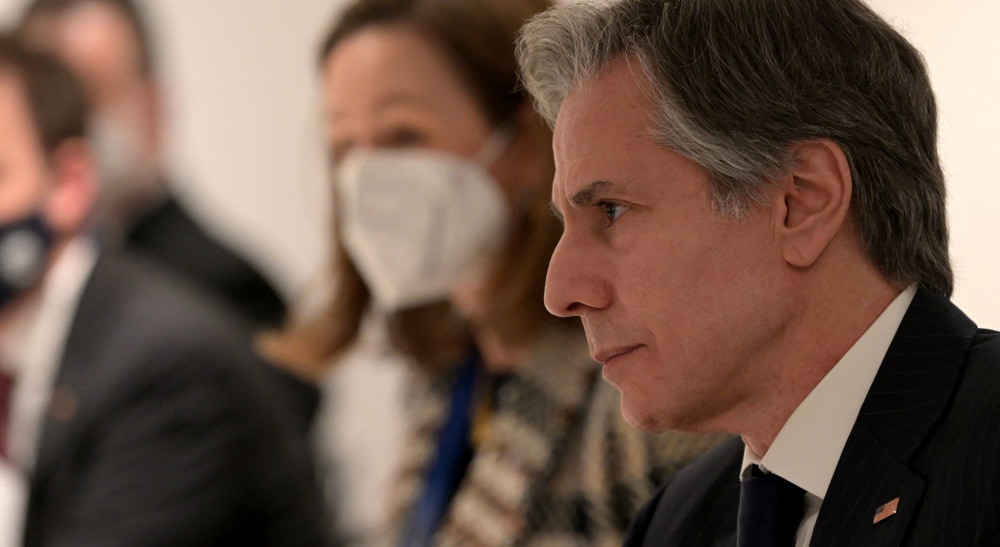
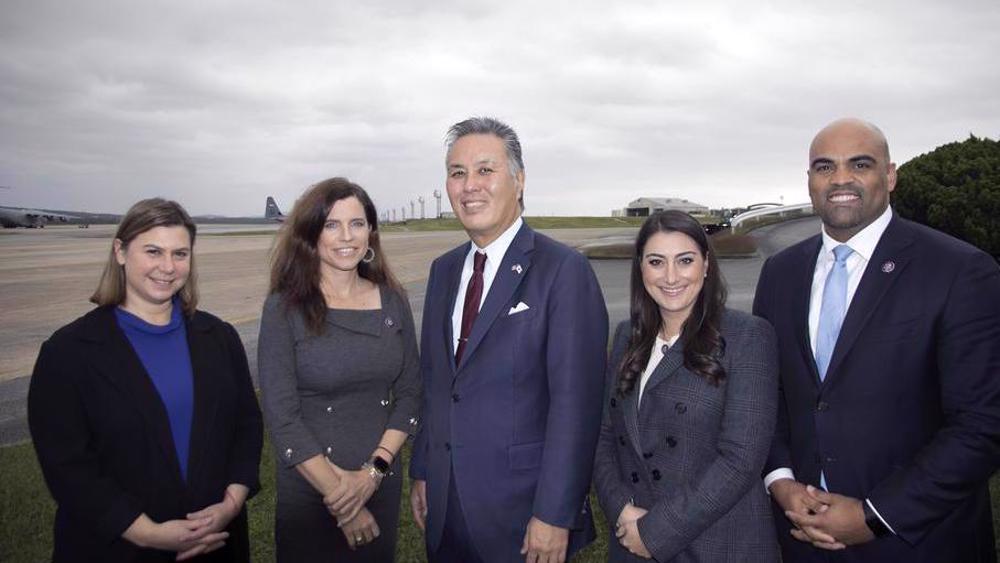

 This makes it easy to access the Press TV website
This makes it easy to access the Press TV website